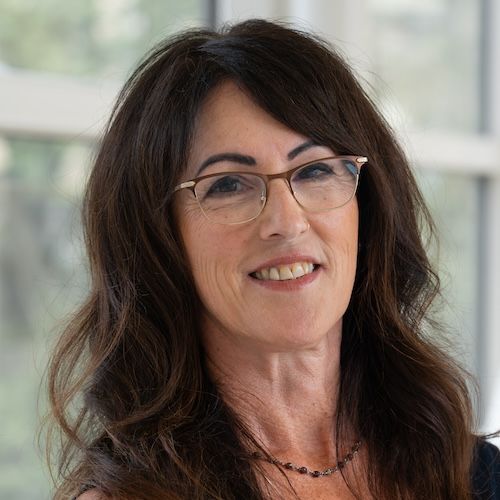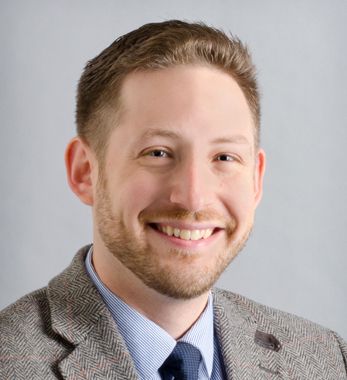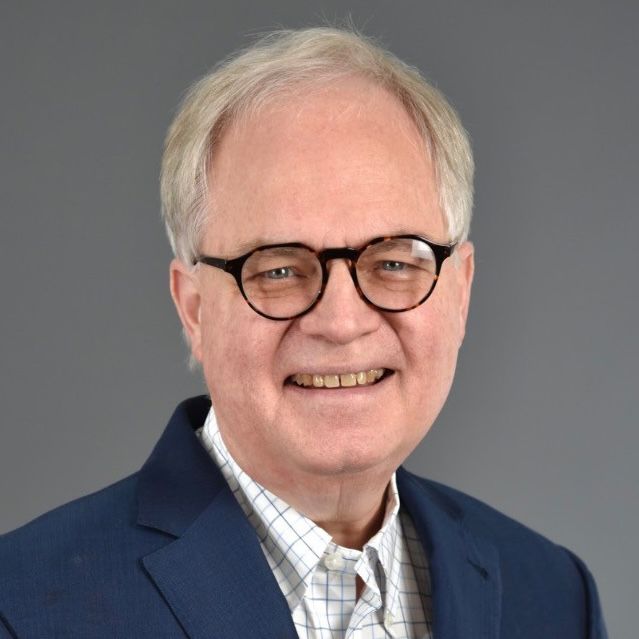The Psychedelic Science Initiative (PSI) at Roswell Park launched in 2024 with the goal of understanding how psychedelics, such as psilocybin, may help alleviate physical, psychological, and spiritual symptoms that contribute to suffering in those with cancer.
In both 2018 and 2019, the US Food and Drug Administration (FDA) granted psilocybin a “breakthrough designation” for both Major Depressive Disorder and Treatment-Resistant Depression. Likewise, in 2017 the FDA granted MDMA (commonly known as ecstasy) breakthrough designation for the treatment of post-traumatic stress Disorder, and in 2023, breakthrough designation was granted to LSD for the treatment of Generalized Anxiety Disorder.
PSI seeks to explore the potential of these psychedelics for conditions such as pain, anxiety, depression, existential distress, and other conditions that cause suffering in those with cancer.
Why study psychedelics?
Our work at present focuses on the psychedelic Psilocybin, the psychoactive molecule found in “magic mushrooms.” In prior clinical trials, psilocybin has demonstrated promising results in reducing symptoms of depression, anxiety, and existential distress in patients with life-threatening cancer (Ross 2016, Griffiths 2016). It has also shown promise as a novel treatment of Major Depressive Disorder and Treatment Resistant Depression (Raison 2023, Goodwin 2022). Our team is interested exploring how psilocybin can be used to treat cancer patients with chronic cancer pain, among other questions. Just a few examples of vital questions our team seeks to explore include:
- Does psilocybin have potential to reduce chronic pain in cancer patients?
- Does psilocybin therapy reduce a patient’s reliance on their opioid medications?
- Does psilocybin therapy alleviate depression, anxiety, existential distress, and other psychological conditions that patients with cancer pain experience?
- What are the biological and psychological mechanisms of psilocybin?
- Could alternative dosing strategies, in contrast to standard high doses, be safe and effective treatment option for patients?
What we do
The PSI is an interdisciplinary team consisting of physicians, scientists, pharmacists, psychologists, nurses, social workers, statisticians, and research coordinators that seeks to address questions on the potential benefits, risks, and mechanisms of psychedelic therapy for patients enduring physical, psychological, and spiritual suffering that is often associated with the cancer experience.
Our portfolio is comprised of research activities that explore novel therapeutic applications for psychedelics such as psilocybin and ketamine. Specific PSI activities include:
- Conducting interdisciplinary, collaborative research on psychedelics, including publishing empirical findings in high-impact, peer-reviewed journals, and presenting findings at scientific meetings.
- Coordinating onsite and offsite educational events for faculty of Roswell Park and University at Buffalo as well as the general community, including seminars, panel discussions, education to the community organizations and community medical providers.
- Providing expert testimony and communicate with public officials and other stakeholders on psychedelic-related topic matter.
- Training graduate students, medical residents, and fellows, and creating and delivering evidence-based training programs related to the study of psychedelics and cancer care.
Mission statement
To explore the therapeutic potential of psychedelics in those suffering from physical, psychological, and spiritual symptoms associated with the cancer experience.
Just as they are called initiations, so in actual fact we have learned from them the fundamentals of life, and have grasped the basis not only for living with joy, but also for dying with a better hope.Cicero, on the Eleusinian mysteries, an ancient ritual speculated to have utilized psychedelic substances
Research spotlight
- Tomy, M., Alexander, A., Gupta, S., Schaefer, D., Case, AA., Adjunctive Intranasal Esketamine for Comorbid Treatment Resistant Depression with Suicidal Ideation in Patients Receiving Palliative Care at a Comprehensive Cancer Center: A Case Series. Journal of Palliative Medicine
- Alexander W. The Emerging Role of Psychedelics in Medicine. Presented at: Jacobs School of Medicine and Biomedical Sciences, Clinical and Translational Therapeutics Seminar Series; March 27, 2024; Buffalo, NY.
- Tomy M, Alexander W, Case AA, Gupta S. Intranasal Esketamine Given to Cancer Patients with Co-morbid Treatment Resistant Depression & Suicidal Ideation Led to a Sustained Reduction in Depression Severity and No Further Suicidal Ideation. Presented at: The Annual Assembly of Hospice and Palliative Care; March 2024; Phoenix, AZ
The Psychedelic RE104 for Treatment of Adjustment Disorder in Patients with Cancer and Other Medical Illnesses
Sponsored by Reunion Neuroscience
Study overview
Roswell Park is recruiting participants for a randomized, double-blind study evaluating the safety and efficacy of a novel psychedelic RE104 in the treatment of adjustment disorder in patients with cancer and other medical illnesses. RE104 is a psychedelic substance structurally similar to psilocybin, the active ingredient in magic mushrooms.
Participants must:
- Between 18 and 80 years old
- Diagnosed with cancer (stages 1-4), or ALS, MS, Parkinson’s disease, or idiopathic pulmonary fibrosis (IPF)
- Experiencing symptoms of depression with or without anxiety and feeling overwhelmed for at least 4 weeks
Please email PsychedelicResearch@RoswellPark.org if you are interested in participating in this clinical trial.
Low-Dose Psilocybin Therapy for Patients with Advanced Cancer and Chronic Cancer Pain Requiring Opioids
Study overview
Roswell Park is recruiting participants for a open-label trial to assess the safety and efficacy of repeated low doses of psilocybin in adults with advanced cancer and chronic cancer pain requiring opioids.
Participants must:
- Be 21-75 years old
- Have an advanced, metastatic, and/or incurable cancer
- Have pain related to cancer that is being managed with opioids
Please email PsychedelicResearch@RoswellPark.org if you are interested in participating in this clinical trial.
Department of Psychosocial Oncology
Department of Psychosocial Oncology
Department of Pediatrics
Director of IT and Neuroinformatics Development
Buffalo Neuroimaging Analysis Center
Medical Doctor, Psychedelic Associated Therapy Provider
Clinical Social Work/Therapist
Jeffrey Carter, MD
External Collaborator
Integrative & Medical Physician
Diana Violanti, PharmD
Clinical Pharmacist
Department of Pharmacy















